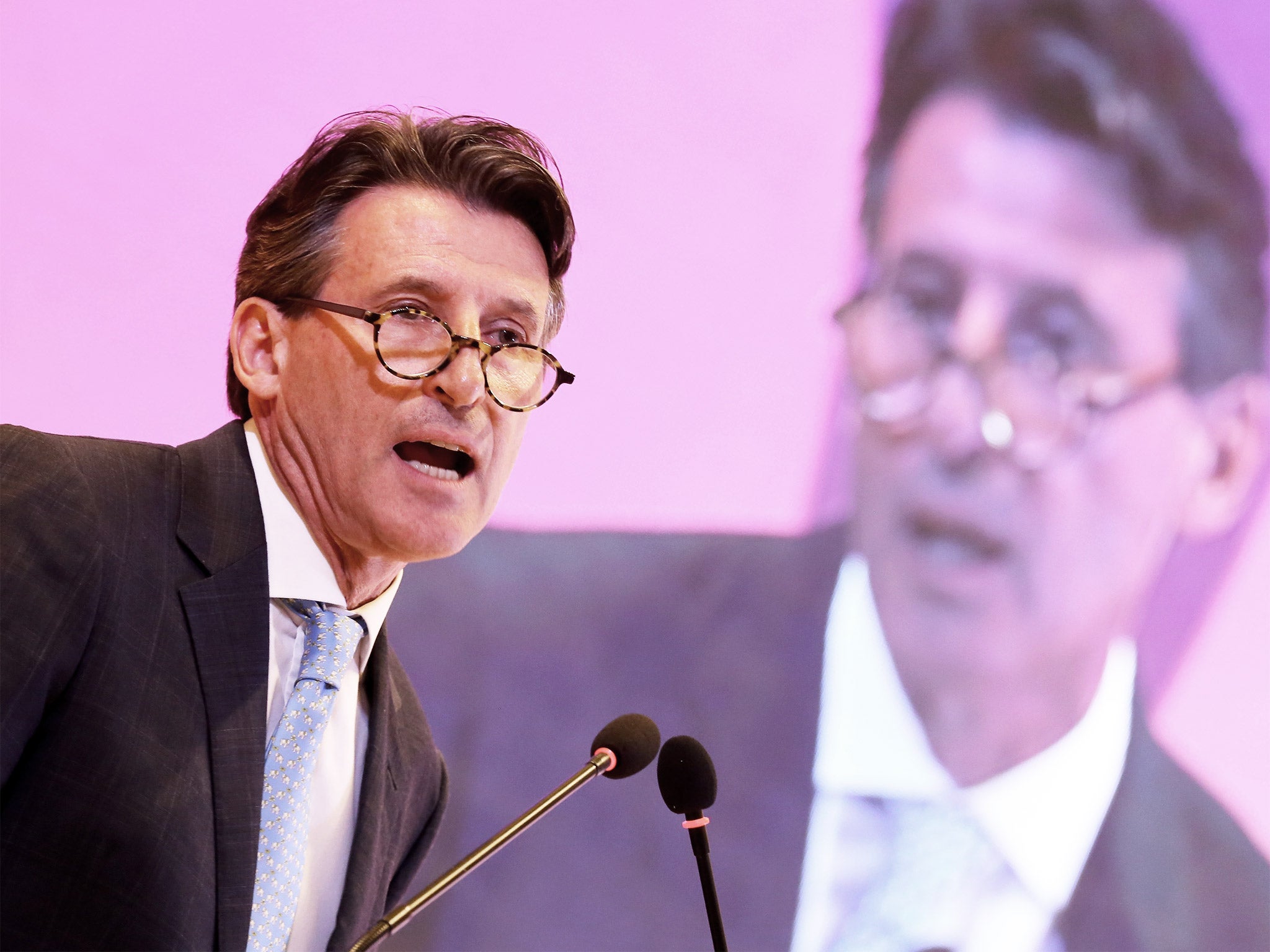Your support helps us to tell the story
From reproductive rights to climate change to Big Tech, The Independent is on the ground when the story is developing. Whether it's investigating the financials of Elon Musk's pro-Trump PAC or producing our latest documentary, 'The A Word', which shines a light on the American women fighting for reproductive rights, we know how important it is to parse out the facts from the messaging.
At such a critical moment in US history, we need reporters on the ground. Your donation allows us to keep sending journalists to speak to both sides of the story.
The Independent is trusted by Americans across the entire political spectrum. And unlike many other quality news outlets, we choose not to lock Americans out of our reporting and analysis with paywalls. We believe quality journalism should be available to everyone, paid for by those who can afford it.
Your support makes all the difference.One of the very first jobs a new Prime Minister must do is write four letters to the captains of the United Kingdom’s four nuclear submarines containing secret instructions on what to do in the event the country no longer exists.
Lord Coe, newly elected president of the International Association of Athletics Federations, now sits with his finger over a red button of sorts, and he knows that pressing it could destroy the thing he is trying to save.
He has pledged to beat the drugs cheats, but also come to the defence of the IAAF’s record in the fight on doping. These are positions that cannot simultaneously be held.
The World Championships begin in Beijing this weekend, and the favourite for the blue riband event of the men’s 100 metres is Justin Gatlin, the fastest man in the world this year, who has twice been banned for drugs offences and who, at the age of 33, is suddenly smashing all his personal bests, which were originally set in years now clouded in suspicion.
Global audiences for this event will not be large. The doping scandal, prompted by the revelations from the The Sunday Times and the German broadcaster ARD, might possibly have helped on that front.
The more of the sport’s limited resources Coe throws at uncovering drugs cheats, the more he will discover. But, conversely, with every doper who is unmasked, the further athletics will be degraded.
So far one of the great drawbacks is finding a powerful motivation for a sport to actively spend its money on seeking to shame itself. The sport, of course, will shame itself in any case if nothing is done, but navigating athletics through this perilous period and on to a better future is a job so precarious as to be close to impossible.
The vote in which Coe defeated the Ukrainian Sergey Bubka was a little bit closer than had been predicted, 115 votes to 92. But few who voted at the IAAF Congress in Beijing can have any doubt as to whether they have found a man utterly committed to athletics and with a true determination to rebuild it.
“I think for most of us in this room we would conclude that the birth of our children are big moments in our lives and probably the biggest,” Coe said afterwards. “But I have to say that the opportunity to work with all of you and shape the future of our sport is probably the second biggest and momentous decision in my life.”
The organisation he now oversees is far from perfect, either. There are without doubt people currently operating within the IAAF whose motives are not entirely beyond reproach. It is sports politics after all. However, the IAAF is clearly not like Fifa – it has scarcely a hundredth of the cash, for a start. Coe could hardly be less like Sepp Blatter.
Yet in a long and varied career, that has incorporated not only sport, politics and sports politics, but PR and hefty commercial interests too, he has shown an entirely uncorrupt but clear appetite for making money. Coe did not enjoy being asked about a possible conflict of interest in his role as a global ambassador for Nike in the moments after his election victory. When something has touched a Coe nerve over the years, be it the Olympic Stadium debacle or the empty seats shown on the television on the first day of London 2012, it is usually – but not always – because there is more than a little truth to it.
But desperate times – and these are desperate times – will call not for desperate but determined measures. He has said he wants to rejuvenate the sport commercially. “Sport is our product, but we are in the business of entertainment,” Coe insisted. He knows too, that he will require more revenue to take on the drugs cheats properly. And he will need to find a way to force uncooperative countries into action, including threatening the nuclear option – complete national bans.
Athletics could and should get better under Coe, but first it may have to get worse. It is not too far-fetched to suggest that half an eye might be on the top job at the International Olympic Committee, which might become available at just the right time, a decade or so from now. If he fails to regain the public’s trust in the Olympics’ most important sport, that will be one accomplishment that is likely to prove beyond him.

Join our commenting forum
Join thought-provoking conversations, follow other Independent readers and see their replies
Comments